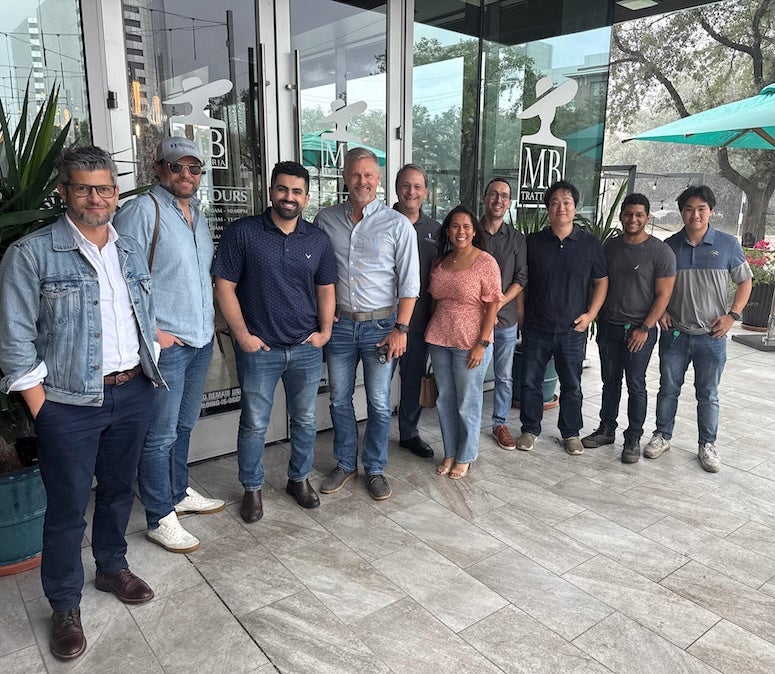Rawand Rasheed ’23, a Rice University alumnus and trailblazer in sustainable technology, has been named to Forbes’ 30 Under 30 list in the “Energy and Green Tech” category for 2025. Rasheed is the co-founder and CEO of Helix Earth, a green energy company spun out of Rice and incubated at Greentown Labs in Houston. The company leverages technology initially designed for space to advance environmental sustainability and improve energy efficiency across industries here on Earth.

Rasheed earned his doctorate in mechanical engineering at Rice under the guidance of Daniel J. Preston. During his graduate studies, he also worked in the life support systems department at NASA’s Johnson Space Center, where he contributed to the development of a groundbreaking air filtration system for space capsules. His transformative work with NASA inspired him to adapt the technology for applications here on Earth, leading to the founding of Helix Earth in 2022.
Initially balancing founding a company with completing his doctorate, Rasheed was bolstered by support from the Rice Innovation Fellows program and equity-free funding from the Napier Rice Launch Challenge, both affiliated with the Liu Idea Lab for Innovation and Entrepreneurship. Since its inception, Helix Earth has secured $9 million in funding from prominent grants and venture firms such as Veriten, Semilla Climate Capital, Anthropocene Ventures and Carnrite Ventures. The company is on a mission to revolutionize energy efficiency and environmental sustainability through innovations in liquid-gas chemical reactions.
Helix Earth’s flagship product, the Helix MICRA filter, retrofits into existing HVAC systems to pre-dehumidify air, offering energy savings of up to 50%. The technology, originally developed with NASA to protect astronauts from fire hazards, has been reengineered to meet commercial and industrial needs on Earth.

In addition to HVAC innovation, Helix Earth is advancing carbon capture technology. The company’s system accelerates the absorption of carbon dioxide into chemically active liquid droplets, aiming to reduce capital expenditures for carbon dioxide capture plants by a staggering 10 to 20 times. Beyond HVAC and carbon capture, Helix Earth is exploring applications in industries such as paper manufacturing, food processing and industrial filtration with the goal of enhancing operational efficiency while minimizing environmental impact.
“At Helix Earth, we believe the same ingenuity that powers space exploration can be used to solve critical challenges here on Earth,” Rasheed said. “By reimagining technology originally designed for sustaining life for astronauts, we’re creating new technology that not only reduces energy consumption but also makes a meaningful impact on industries worldwide. Being recognized by Forbes is a tremendous honor and a testament to the hard work from everyone on our team and the potential of our innovations to drive positive change.”
Helix Earth continues to maintain strong ties with Rice, working closely with Preston’s lab on a National Science Foundation SBIR award. In addition, Helix Earth works closely with Argonne National Laboratory on research efforts funded by the Department of Energy.
“Rawand’s ability to transform complex scientific innovations into practical, real-world solutions is impressive,” Preston said. “His work at Helix Earth exemplifies the impact that cutting-edge research can have on addressing some of the world’s most pressing challenges from energy efficiency to carbon capture. I continue to be highly impressed by his accomplishments and was delighted to see his well-deserved recognition by Forbes as a leader in energy and green technology.”

